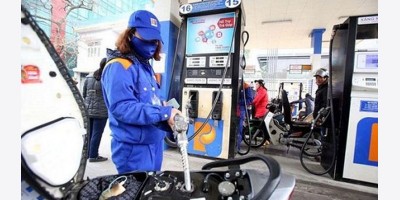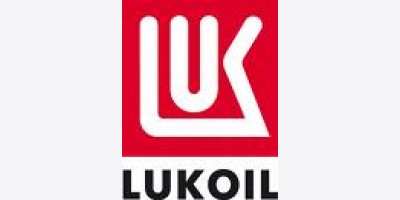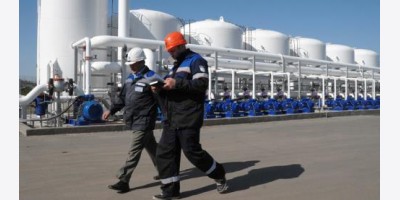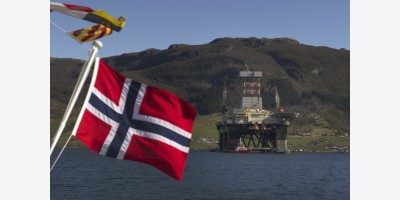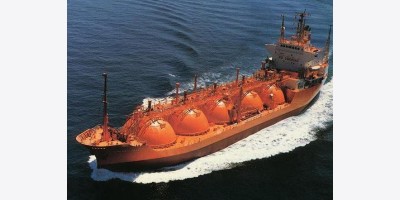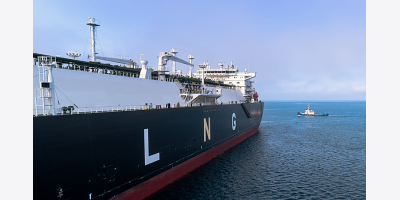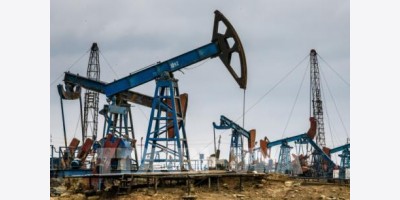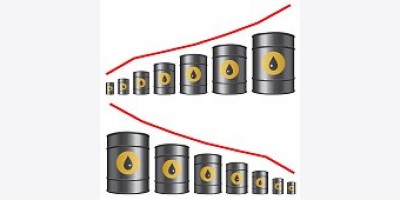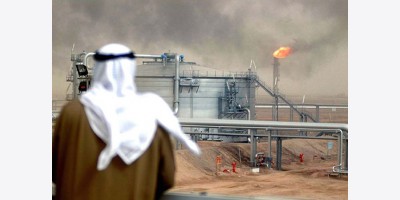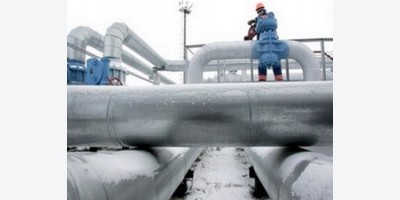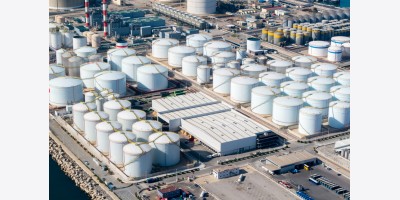By Bloomberg
Libyan rebels seeking self-rule for the east of the country are standing by a demand that they get a share of crude export revenue before they hand over Es Sider and Ras Lanuf, the two oil ports still under their control, according to a mediator in talks with the government.
While there is nothing to prevent oil exports from the two ports the rebels surrendered to the government after the April 6 deal, Hariga and Zueitina, the opening of Es Sider and Ras Lanuf depends on revenue sharing and development measures to be agreed in the next two to four weeks, Al-Sharif Al-Wafi, a lawmaker who is mediating between the rebels and the authorities, said by telephone from eastern Libya.
Libya’s oil production slumped by more than 1 million barrels a day in the past year as protests halted oil fields and ports. Hariga and Zueitina have combined capacity of 180,000 barrels a day, enough to triple the country’s current exports. Es Sider and Ras Lanuf can together export as much as 560,000 barrels a day, according to Libya’s government.
The rebels “still want the implementation of the 1958 law that says a share from oil revenue should be given to the producing regions,” said Al-Wafi, who took part in brokering the accord. He declined to say what percentage the eastern federalists are requesting. They previously demanded a 15% percent share.
The self-declared Executive Office Office for Barqa, the local name of the eastern Cyrenaica region, also wants the government to agree to measures to speed the development of eastern Libya, said Al-Wafi.
Brent crude, the benchmark grade for half the world’s oil, slid 0.8 percent yesterday amid expectations that Libya’s crude exports may rise after the deal. Brent for May settlement traded 63 cents higher at $106.45 a barrel on the ICE Futures Europe exchange at 1:27 p.m. in London today.
“There is a possibility here that the two remaining ports might not re-open at all,” Eurasia Group analyst Riccardo Fabiani, said in an e-mail on the conditions set by the rebels. “Even Hariga and Zueitina could be reoccupied again.”
A spokesman for the east Libya rebels, Ali Al-Hasy, declined say what would happen should the government refuse to share oil revenue. “This question is premature, the mood is positive and again, it is one of the points that will be discussed. We hope to reach an agreement,” he said by phone.
“There is nothing preventing oil exports from Hariga and Zueitina,” Al-Wafi said. The decision to open the ports was taken independently from the negotiations over Es Sider, Libya’s largest export terminal with a capacity of 340,000 barrels, and Ras Lanuf, with a capacity of 220,000 barrels, he said.
The agreement signed by Ibrahim Al-Jedran, a former commander in the Petroleum Facilities Guard who is leading the Barqa federalists, specifies in its fourth clause that the protesters cannot return to Hariga or Zueitina nor hamper work there, Al-Wafi said.
Clause five of the agreement, published on the government’s website, reads: “Es Sider and Ras Lanuf and all dependent facilities will be surrendered after measures to be agreed upon by the signatories below in two to four weeks from the day of this accord,” dated April 6.
Hariga and Zueitina have oil in storage that’s ready to be exported, Oil Ministry Measurement Director Ibrahim Al Awami said by phone today. The Libyan National Oil Corp.’s marketing department is preparing the sales contract needed to organize exports from there, he said, without giving a date for first loadings.
The North African nation was producing at a daily rate of 160,000 barrels yesterday, or one 10th of installed capacity, amid continued shutdowns at the two largest fields in the western part of the country, the Repsol SA-operated Sharara and Eni SpA-operated Elephant. The fields are closed as protesters demand jobs, development projects and, in the case of the Amazigh Berbers, political rights.
The Barqa federalists took control of four of Libya’s nine oil ports in July. They failed in an attempt to export crude last month after the U.S. Navy captured a tanker that loaded at Es Sider and turned the vessel over to the government.
The agreement with the rebels to reopen Hariga and Zueitina provides for an audit of crude sales by the NOC over the past three years, since the ousting of Muammar Qaddafi, according to the text. It includes an amnesty for the rebels and the payment of salaries withheld from those who defected from the Petroleum Facilities Guard.
To contact the reporter on this story: Maher Chmaytelli in Dubai at mchmaytelli@bloomberg.net
To contact the editors responsible for this story: Alaric Nightingale at anightingal1@bloomberg.net James Herron, Rachel Graham




